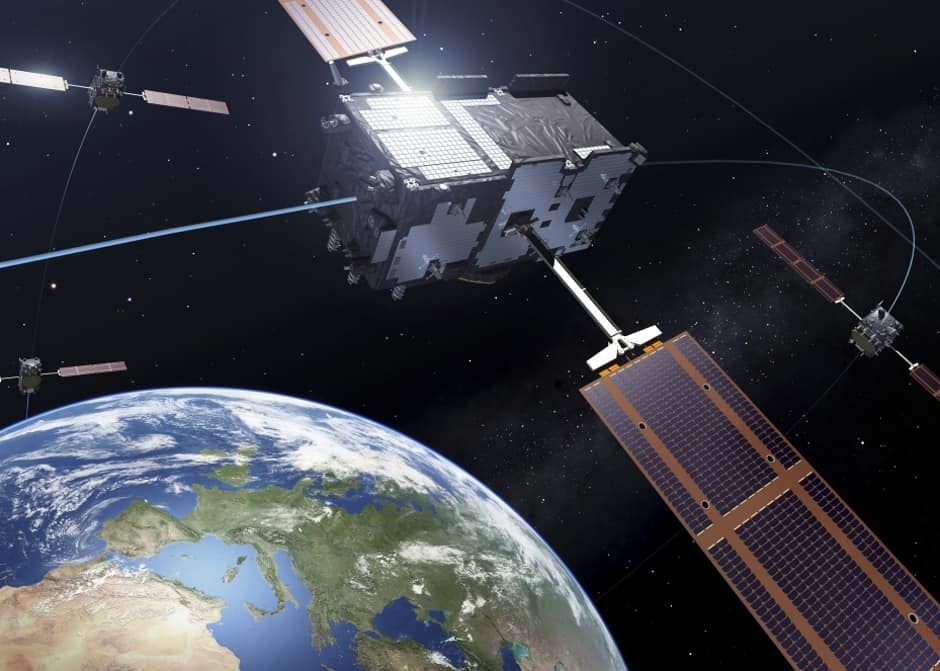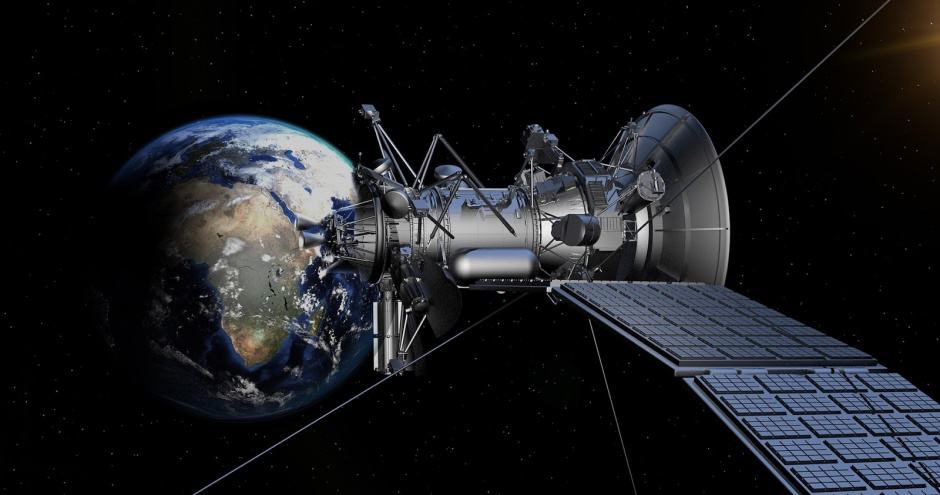Despite being involved since its inception the UK pulled out of the European Union's Galileo satellite navigation project in November 2018 over concerns that it would not be able to access secure aspects of the system following departure from the EU.
Prime minister Theresa May promised that it would develop its own alternative, but with the original project costing over £9bn, there have been persistent concerns over the cost of such project. Sussex University's Prof Chris Chatwin and Dr Lasisi Lawal Salami, from Nigeria's Obasanjo Space Center, have now proposed an alternative which they claim would cost around £300m yet would still meet the UK’s navigational needs in defence, aviation, maritime and location-based services for emergencies and crisis management. Moreover, they add, it would be five times more accurate than Galileo, with a resolution of 5cm.

In a paper in the Journal of Electrical and Electronics Engineering, Chatwin and Lasisi suggest a Satellite-based Augmentation System (SBAS) as a Navigational Overlay Service (NOS) on a hosted national satellite. This would take advantage of the UK’s continuing access to Galileo's basic signal after Brexit, as Galileo is designed to be open-source; this signal is less accurate than the secure military signal from which it would be excluded.
“Our system can use the GPS or Galileo free signal or both and augments it to give it a more accurate signal that is comparable to the encrypted military signal,” explained Chatwin “The augmentation system has extremely accurate clocks so it provides an additional signal to the GPS signal and reduces the ambiguity of the location determination.”
The Sussex plan would see the UK launching three geosynchronous satellites to provide global coverage for the augmentation system in all regions apart from the extreme poles. It will also require an on-board augmentation system as a hoisted payload on a national satellite and commentary ground infrastructure in the UK.
“If we use augmentation we can greatly reduce costs from £7bn to £300m, but we still depend on the US or the EU for their free signal. In the end this is a decision about sovereignty. If we still believe that we are an independent military power, then we’d have to find considerable resources to build our own GNSS system. We could call it Newton,” Chatwin said.
The total price of this project would be only about three times the amount the UK has already set aside for feasibility study into developing its own independent satellite navigation system to replicate Galileo. Chatwin and Lasisi also believe that in collaborating with a spacefaring nation such as Nigeria, the UK would signal that is committed to opening up new research and industrial relationships beyond the EU; it could enter into a cooperative agreement to provide access to the NOS with a specific service coverage area, they suggest.

Dr Lasisi, Vice Convenor of the UN’s International Telecommunication Union and a former PhD student at Sussex University, said: “A partnership with Nigeria would have the additional benefit of signalling to the rest of the world that the UK has become a more outward looking economy after Brexit and opens up the opportunity for further scientific collaboration with the rest of the world beyond the EU.”





Nanogenerator consumes CO2 to generate electricity
Nice to see my my views being backed up by no less a figure than Sabine Hossenfelder https://youtu.be/QoJzs4fA4fo